ISO Viscosity Cup: Working principle Specification & Viscosity conversion Selection & Key points of operation
The ISO Viscosity cup is a standardized tool for measuring the viscosity of liquids and follows International Standards Organization (ISO) regulations. ISO viscosity cups are widely used in coating, chemical, food and other fields to ensure product quality consistency and performance stability. The design and use of ISO viscosity cups are guided by ISO standards, ensuring the reliability and repeatability of measurement results.
Working principle
The ISO viscosity cup works by draining the liquid to be measured through the orifice of the cup and calculating the viscosity of the liquid by measuring the time of outflow. ISO viscosity cups are designed to include different apertures and shapes to accommodate different liquid measurement requirements. Common ISO viscosity cups include ISO4, ISO3, ISO6 models, each suitable for a different range of liquid viscosity measurements.
ISO Viscosity Cup: Working principle Specification & Viscosity conversion Selection & Key points of operation
ISO viscosity cups are usually equipped with a specific conversion table or formula that converts the measured outflow time into the viscosity value of the liquid. This allows the user to perform quality control, production adjustment and process optimization based on the measurement results. The standardized design and use of ISO viscosity cups make them one of the most commonly used viscosity measurement tools in the industry, helping to ensure consistency in the production and application of different products.
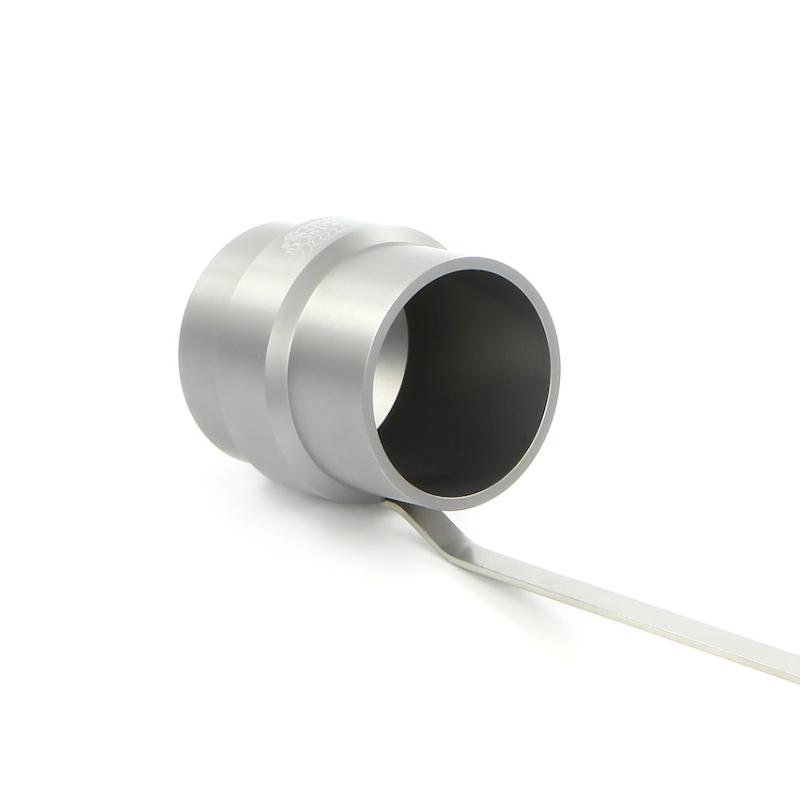
Key points of selection
There are also some important aspects to consider when it comes to ISO viscosity cups:
Select the appropriate ISO viscosity cup
ISO viscosity cups are available in different sizes and bore sizes, each suitable for a specific range of liquid viscosity measurements. Choosing an ISO viscosity cup suitable for the viscosity range of the liquid you are testing is key to ensure accurate and reliable measurement results.
ISO Viscosity Cup: Working principle Specification & Viscosity conversion Selection & Key points of operation
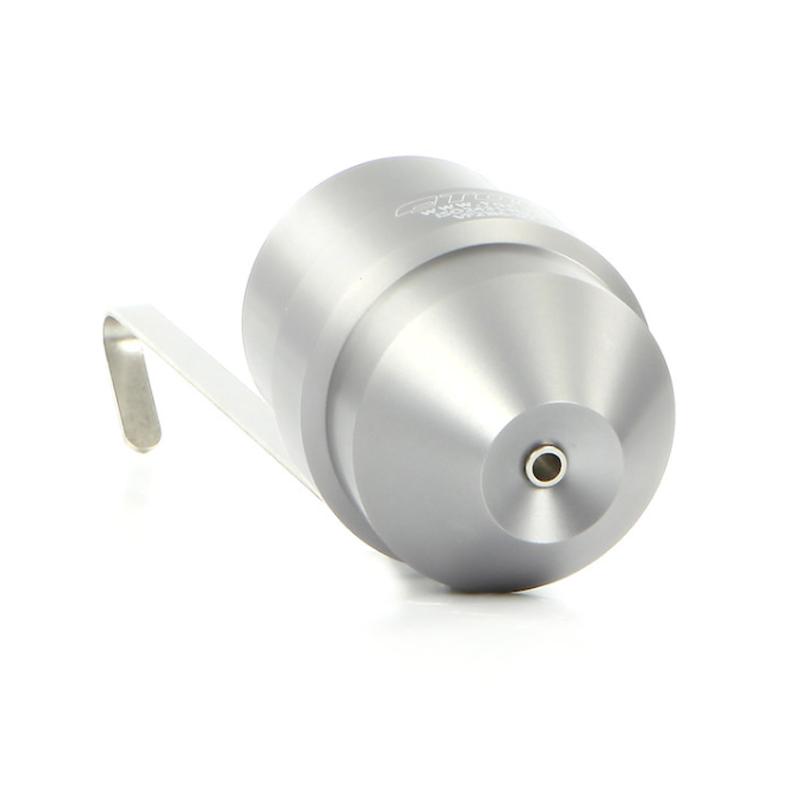
Operating essentials
Preparatory work
Before taking the ISO viscosity measurement, it is necessary to ensure that the cup is clean and free of impurities, and the liquid should be thoroughly stirred. It is also necessary to pay attention to the effect of the ambient temperature on the measurement results, because the viscosity changes with the temperature.
Standard operation
When making an ISO viscosity measurement, it is usually necessary to completely fill the viscosity cup with the liquid to be measured, then quickly remove it and start timing until the liquid flows out of the orifice. After the outflow time is recorded, the time is converted to the viscosity value according to the conversion table or formula.
ISO Viscosity Cup: Working principle Specification & Viscosity conversion Selection & Key points of operation
Calibration and maintenance
To ensure the accuracy of the measurement results, it is essential to calibrate the ISO viscosity cup regularly. Calibration should be performed under specific conditions in order to compare with standard viscosity values. In addition, keep the ISO viscosity cup clean and maintained to prevent contamination and damage.
Scope of application
ISO viscosity cups are suitable for measuring the viscosity of liquids, but errors can occur when measuring non-Newtonian fluids, such as certain slurry substances. In this case, other types of viscosity measurements need to be considered.
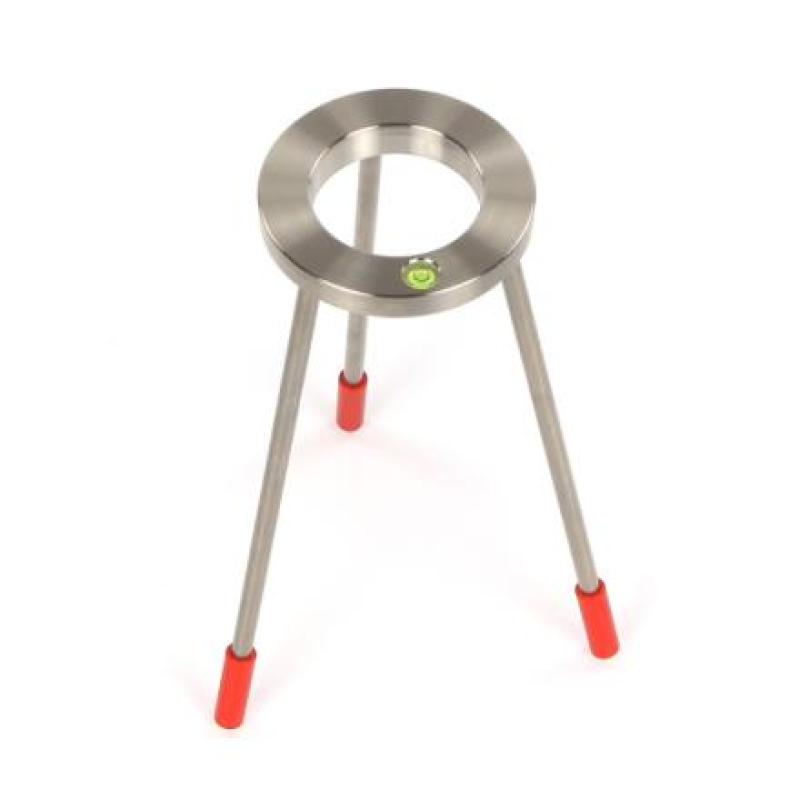
Series specification
ISO viscosity cups are classified into different grades according to their design and measurement range, such as ISO6, ISO4, ISO3, etc. Each grade is suitable for a specific range of liquid viscosity measurements. The lower the ISO viscosity level, the larger the cup hole, suitable for liquids with low viscosity; The higher the ISO viscosity level, the smaller the cup hole, and it is suitable for liquids with higher viscosity.
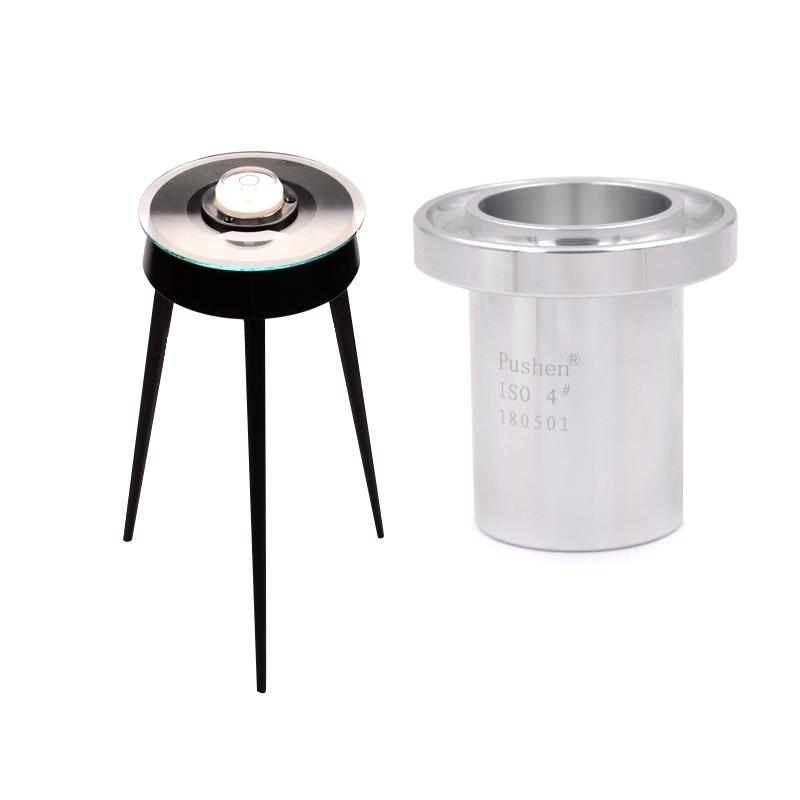
ISO Viscosity Cup: Working principle Specification & Viscosity conversion Selection & Key points of operation
Application field
ISO viscosity cups are widely used in various industries, such as coatings, paints, cosmetics, food, medicine, etc. In the coatings and paints industry, ISO viscosity cups are used to determine the flow and coating quality of the coating, thus ensuring the uniformity and stability of the coating during construction.
Viscosity conversion
ISO viscosity cup measurements are usually expressed in seconds (s), but in practical applications, it is often necessary to convert these results to other viscosity units, such as cSt (cm/s) or mPa·s (milipassec). For this, a viscosity conversion table or formula is required.
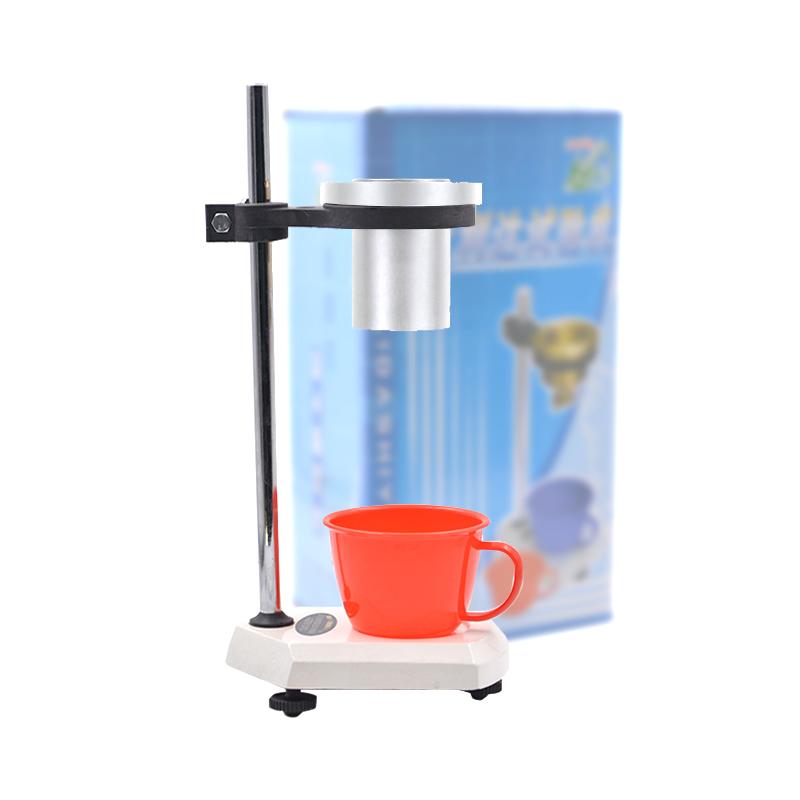
Although the ISO viscosity cup is a common tool in many fields, it still has some limitations. Especially for non-Newtonian fluids, such as liquids containing particles or mixtures with high solids content, the measurement results of the ISO viscosity cup may be affected. In these cases, other test methods may need to be used to more accurately measure the viscosity of the liquid. The ISO Viscosity cup is a standard tool widely used in several industries to measure the viscosity of liquids. By selecting the appropriate ISO viscosity cup, following standard operating procedures, and regular calibration and maintenance, accurate liquid viscosity data can be obtained, which can play an important role in product quality control and process improvement. However, it is necessary to pay attention to its scope of application and limitations when using to ensure the accuracy and reliability of the measurement results.
